Filter by
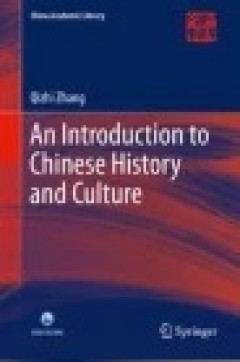
An Introduction to Chinese History and Culture
This book breaks with convention and provides an overview of Chinese history in the form of special topics. These topics include the major issues of “A Scientific Approach to the Origins of Chinese Civilization,” “Ancient Chinese Society and the Change of Dynasties,” “The Golden Ages of the Han, Tang and Qing Dynasties: a Comparative Analysis,” “Transportation Systems and Cultural…
- Edition
- Ed. 1
- ISBN/ISSN
- 978-3-662-46482-3
- Collation
- X, 467
- Series Title
- China Academic Library
- Call Number
- 306 ZHA i
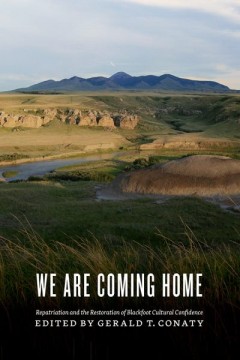
We Are Coming Home Repatriation and the Restoration of Blackfoot Cultural Co…
In 1990, Gerald Conaty was hired as senior curator of ethnology at the Glenbow Museum, with the particular mandate of improving the museum’s relationship with Aboriginal communities. That same year, the Glenbow had taken its first tentative steps toward repatriation by returning sacred objects to First Nations’ peoples. These efforts drew harsh criticism from members of the provincial gover…
- Edition
- -
- ISBN/ISSN
- 9781771990172.01
- Collation
- -
- Series Title
- -
- Call Number
- 304 pages
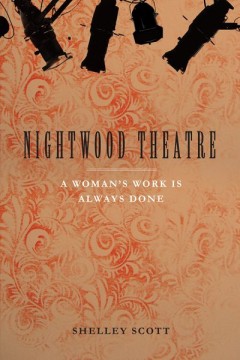
Nightwood Theatre A Woman’s Work Is Always Done
In Nightwood Theatre, Scott describes the company’s journey toward defining itself as a feminist theatre establishment, highlighting its artistic leadership based on its relevance to diverse communities of women. She also traces Nightwood’s relationship with the media and places the theatre in an international context by comparing its history to that of like companies in the U.K. and the U.S.
- Edition
- -
- ISBN/ISSN
- 9781897425558.01
- Collation
- -
- Series Title
- Canadian Plays
- Call Number
- 344 pages

How to Read Like You Mean It
In this candid and concise volume, Kyle Conway, author of The Art of Communication in a Polarized World, considers how we can open ourselves to others and to ideas that scare us by reading difficult texts. Conway argues that because we resist ideas we don’t understand, we must embrace confusion as a constitutive part of understanding and meaningful exchange, whether between a reader and a tex…
- Edition
- -
- ISBN/ISSN
- 9781771993753
- Collation
- -
- Series Title
- Cultural Dialectics
- Call Number
- 6 x 9, 184 pages
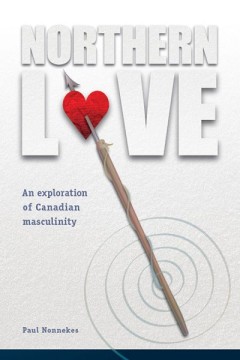
Northern Love An Exploration of Canadian Masculinity
In Northern Love, Paul Nonnekes proposes a conception of love suggestive of a distinctive model of Canadian masclinity. He pursues debates in psychoanalysis and cultural theory in relation to two representative male characters in novels by Rudy Wiebe (A Discovery of Strangers) and Robert Kroetsch (The Man from the Creek).
- Edition
- -
- ISBN/ISSN
- 9781897425220.01
- Collation
- -
- Series Title
- Cultural Dialectics
- Call Number
- 145 pages
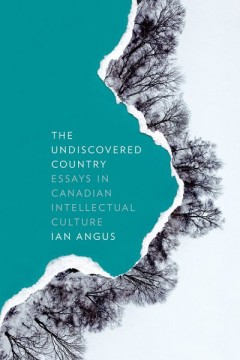
The Undiscovered Country Essays in Canadian Intellectual Culture
In this sequence of essays, Ian Angus engages with themes of identity, power, and the nation as they emerge in contemporary English Canadian philosophical thought, seeking to prepare the groundwork for a critical theory of neoliberal globalization. The essays are organized into three parts. The opening part offers a nuanced critique of the Hegelian confidence and progressivism that has come to …
- Edition
- -
- ISBN/ISSN
- 9781927356326.01
- Collation
- -
- Series Title
- -
- Call Number
- 306 pages

To Know Our Many Selves From the Study of Canada to Canadian Studies
To Know Our Many Selves profiles the history of Canadian Studies, which began as early as the 1840s with the Study of Canada. Professor Dirk Hoerder discusses this comprehensive examination of culture by highlighting its unique interdisciplinary approach, which included both sociological and political angles. Years later, as the study of other ethnicities was added to the cultural story of Cana…
- Edition
- -
- ISBN/ISSN
- 9781897425725.01
- Collation
- -
- Series Title
- -
- Call Number
- 450 pages

Sociocultural Systems Principles of Structure and Change
Macrosociology—the study of large-scale social structures and the fundamental principles of social organization—was the style of sociology practiced by the founders of the discipline. Today, the social theories of Karl Marx, Max Weber, Émile Durkheim, and Herbert Spencer (among others) are commonly studied as part of the history of the field, but, although the macrosociological approach th…
- Edition
- -
- ISBN/ISSN
- 9781927356203.01
- Collation
- -
- Series Title
- -
- Call Number
- 6 x 9, 404 pages
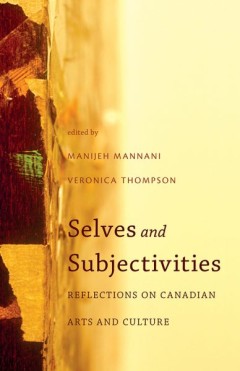
Selves and Subjectivities Reflections on Canadian Arts and Culture
Long a topic of intricate political and social debate, Canadian identity has come to be understood as fragmented, amorphous, and unstable, a multifaceted and contested space only tenuously linked to traditional concepts of the nation. As Canadians, we are endlessly defining ourselves, seeking to locate our sense of self in relation to some Other. By examining how writers and performers have con…
- Edition
- -
- ISBN/ISSN
- 9781926836492.01
- Collation
- -
- Series Title
- -
- Call Number
- 275 pages

Family Issues on Marriage, Divorce, and Older Adults in Japan With Special A…
This book provides insightful sociological analyses of Japanese demography and families, paying attention not only to national average data, but also to regional variations and community level analyses. In analyzing Japanese family issues such as demographic changes, courtship and marriage, international marriage, divorce, late-life divorce, and the elderly living alone, this book emphasizes th…
- Edition
- -
- ISBN/ISSN
- 978-981-287-185-5
- Collation
- XIX, 184
- Series Title
- -
- Call Number
- -
 Computer Science, Information & General Works
Computer Science, Information & General Works  Philosophy & Psychology
Philosophy & Psychology  Religion
Religion  Social Sciences
Social Sciences  Language
Language  Pure Science
Pure Science  Applied Sciences
Applied Sciences  Art & Recreation
Art & Recreation  Literature
Literature  History & Geography
History & Geography